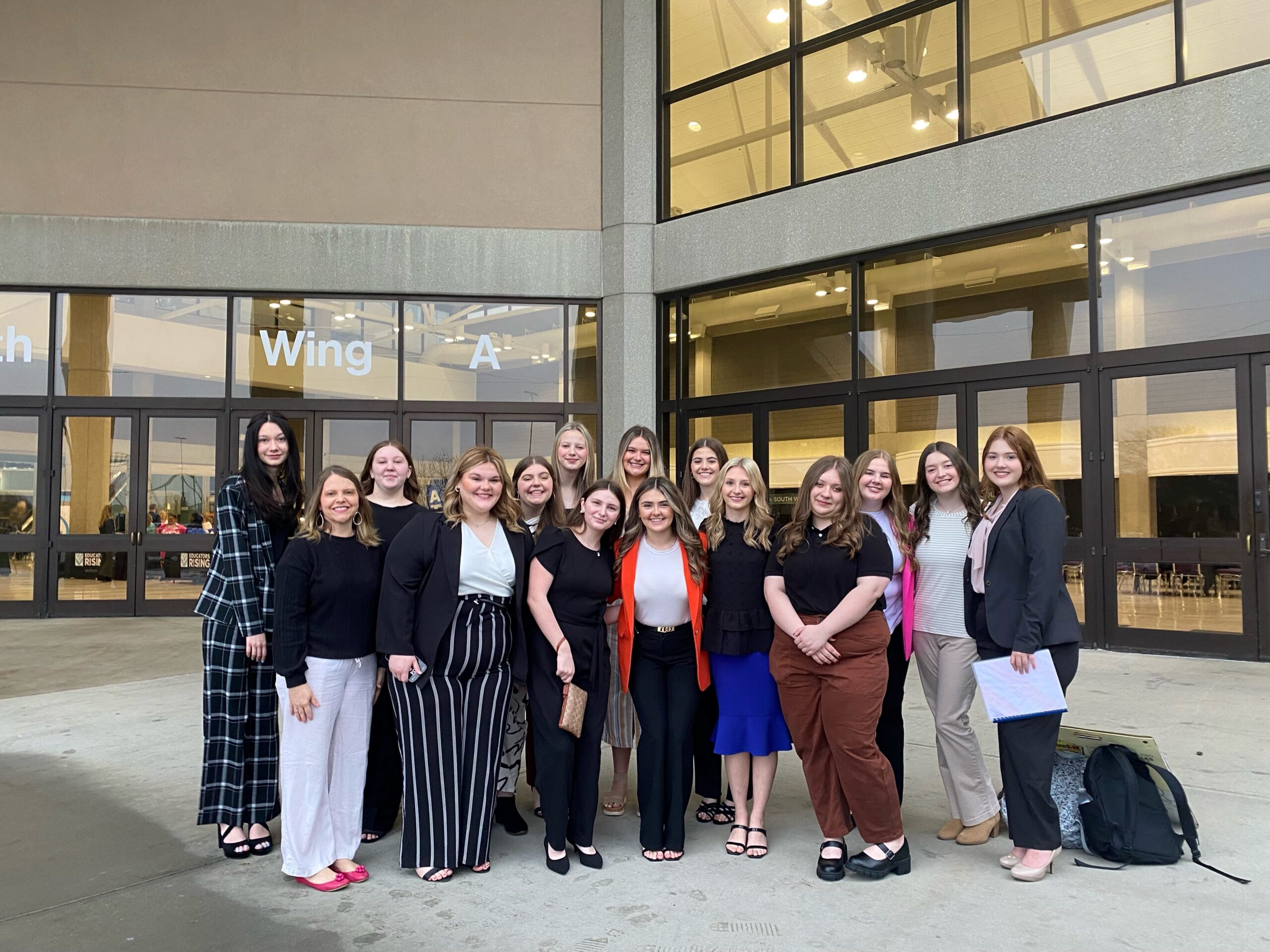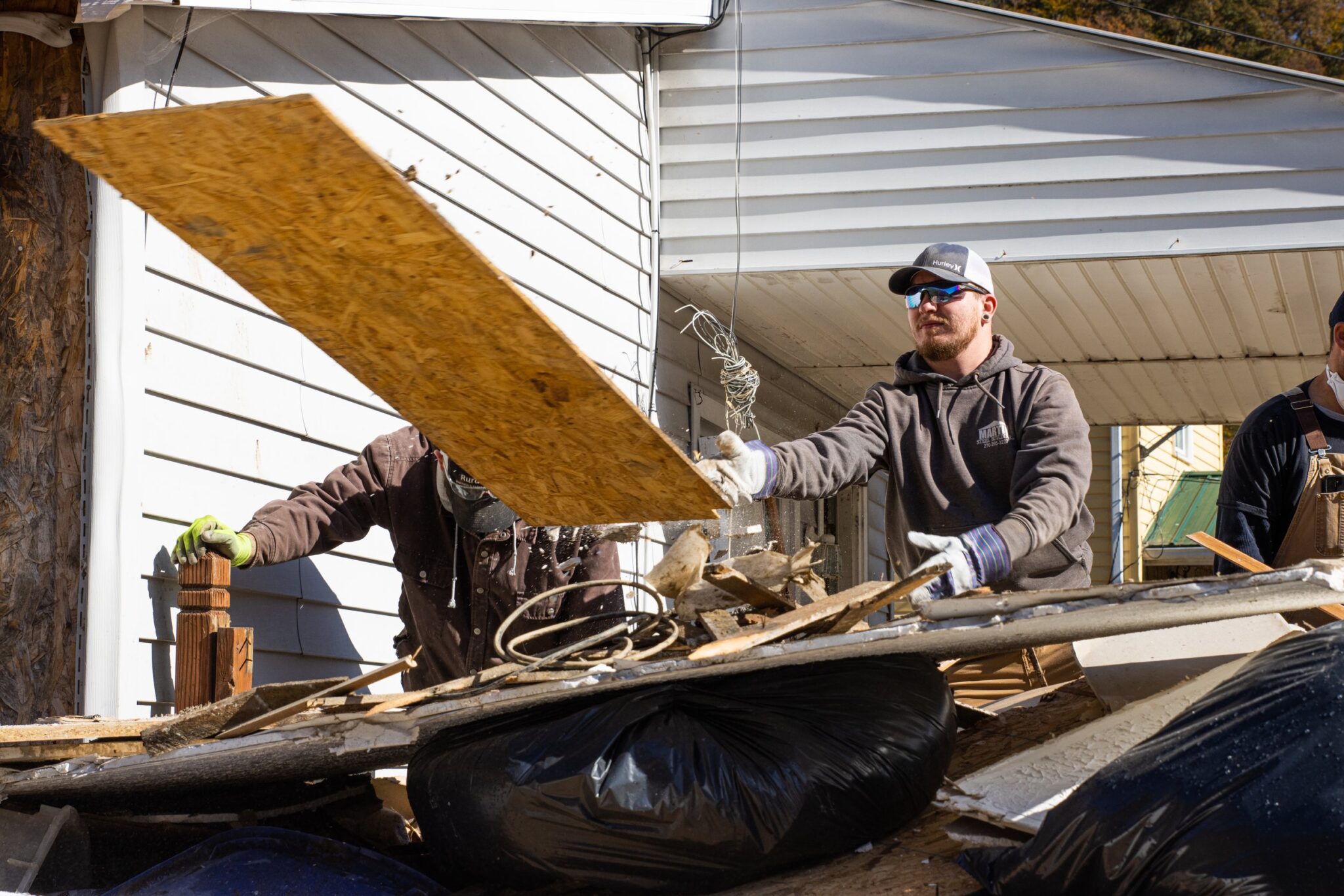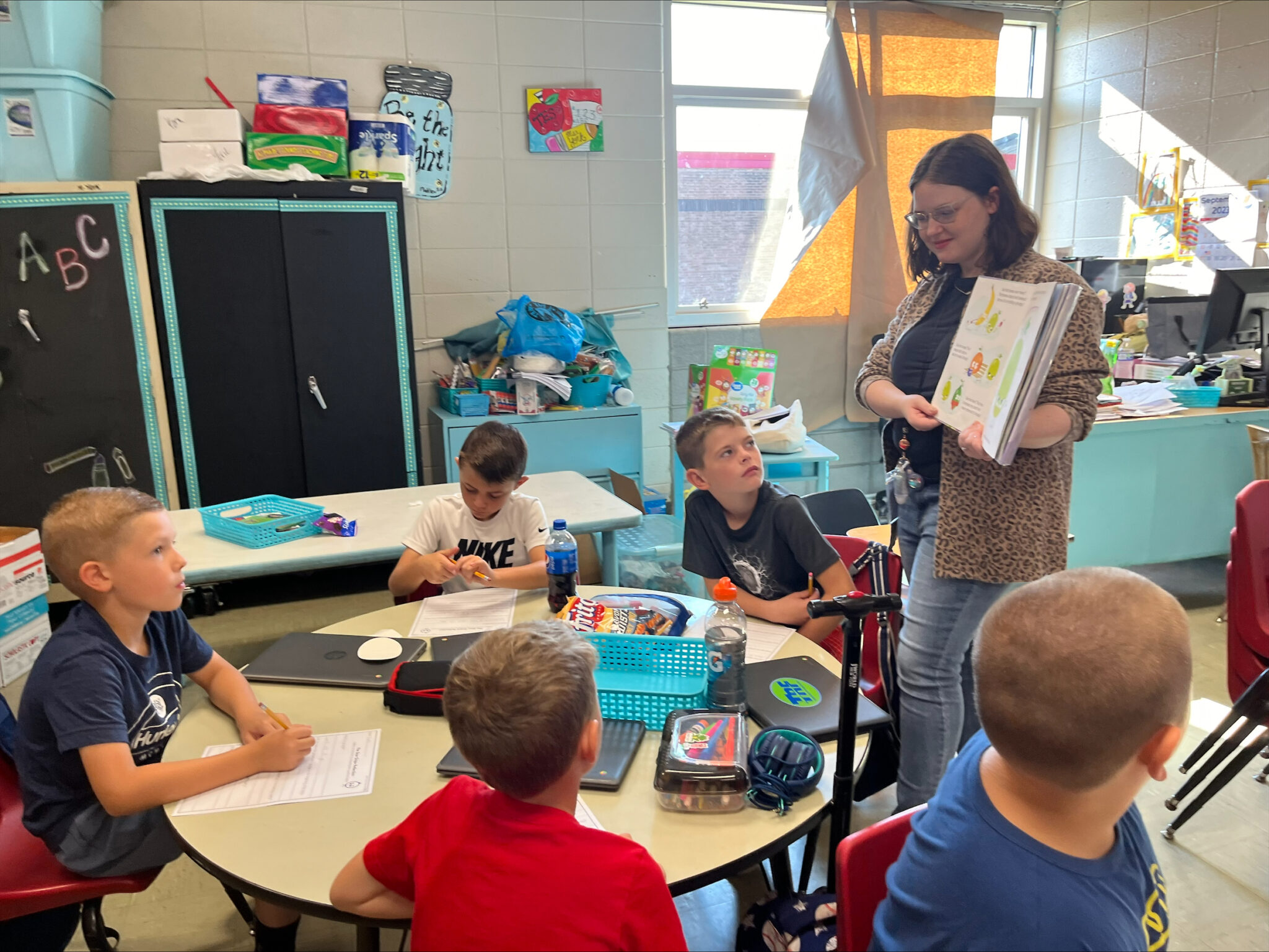Nurturing Local Talent: How Leslie County is Shaping the Future of Education
In an innovative effort to address the nation’s pressing teacher shortage, the Leslie County Area Technology Center, in collaboration with the Leslie County School District, is charting a new course. In collaboration with Partners for Rural Impact Appalachia and LKLP Community Action Council, Leslie County ATC is pioneering the Teaching and Learning Pathway: a program designed to cultivate the next generation of educators from within the community itself.
By integrating dual credit curriculum and teaching credentials, this initiative is setting a new standard for educational excellence and community involvement.
Justin Rice, principal of Leslie County’s Area Technology Center, says the Teaching and Learning Pathway aims to address the teacher shortage by starting at home.
“We want to home-grow our own teachers,” Rice said. “Students in this program are learning to make a living and a difference in the community.”

Other programs helped bridge the gap during the teacher shortage of recent years, but they have fallen short of bringing in teachers long-term. Leslie County is addressing this head on. Rice says many of his students love their hometown and want to stay there after graduation. The Teaching and Learning Pathway creates a sustainable solution to the teacher shortage while providing residents with gainful employment prospects. Rice also says his district is hoping to spark more interest in the teaching profession, citing the keystone role it has in every career pathway.
“Teachers are educating the future of all other professions, and that gets lost sometimes,” Rice said.
Kristy Roark is the lead instructor for the Teaching and Learning Pathway. The pathway is designed for 10th through 12th grade students, offering them dual credit classes in education and paid internships that provide hands-on classroom experience. Roark guides students through a transformative journey from learners to leaders. Roark provides instruction to the high school students, who then spend clinical hours teaching in Leslie County schools.
“I am happy to see what this can do for our community,” Roark said. “I am grateful for our district and our teachers for allowing us to come into their classrooms and making this program possible.”
The internship is a learn and earn program, where students are paid at a rate of $10 per hour for up to 60 hours. Funds are provided by PRI Appalachia’s Full-Service Community Schools grant. Worker’s compensation funds are provided by the LKLP Community Action Council. KHEAA’s Work Ready program provides scholarships for dual credit courses.
Upon completion of the program, students will receive a certificate from the Leslie County School District. Students also can take a family and consumer sciences exam to receive an additional certificate. Many students will graduate high school having nearly completed their associate degrees.
Beyond the immediate horizon, the program strategically aligns with the Option 9 bridge program through the University Center of the Mountains– a consortium of postsecondary institutions aimed at increasing college access within the Kentucky River Area Development District–offering a seamless transition to further education and certification.
The innovative program has already begun expanding to other counties in the region. Craig Herald, principal of the Lee County ATC, has developed micro-credentials based on classroom facilitation through Morehead State University. Herald works with Rice to make these credentials available in Lee, Leslie, Wolfe and Owsley Counties, and hopes to grow the program even more.
As the Leslie County Teaching and Learning Pathway looks to the future, it embodies more than an educational initiative; it represents the promise of sustainable community development and nurturing local talent. By empowering students with the skills, knowledge, and credentials to step into teaching roles, Leslie County is not just filling classrooms with instructors; it’s cultivating a generation of educators passionate about making a difference in their hometowns.
As this pioneering pathway continues to expand and inspire similar programs across the region, it stands as a shining example of the power of community, collaboration, and the impact of investing in the future of education.
Share this story:



